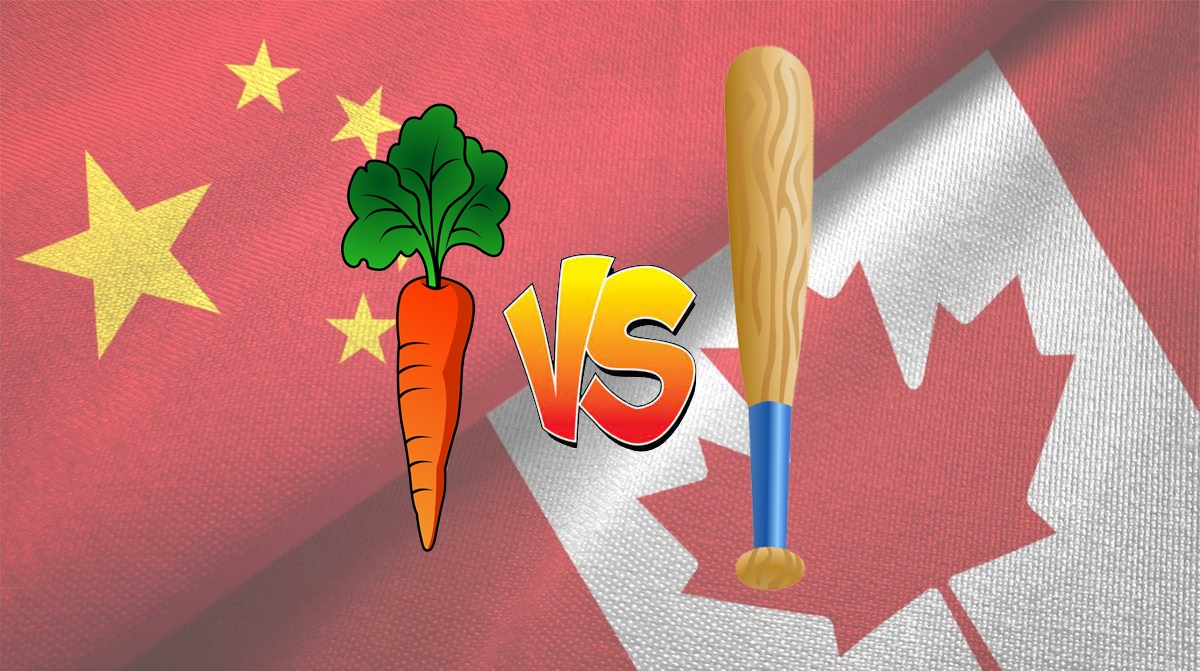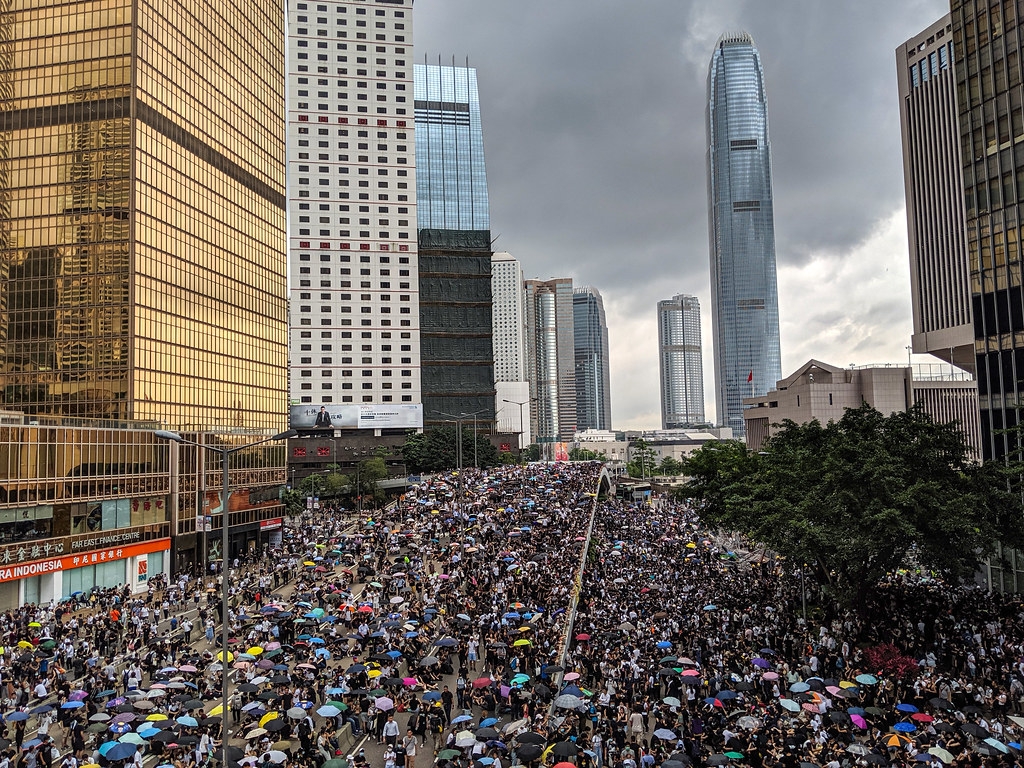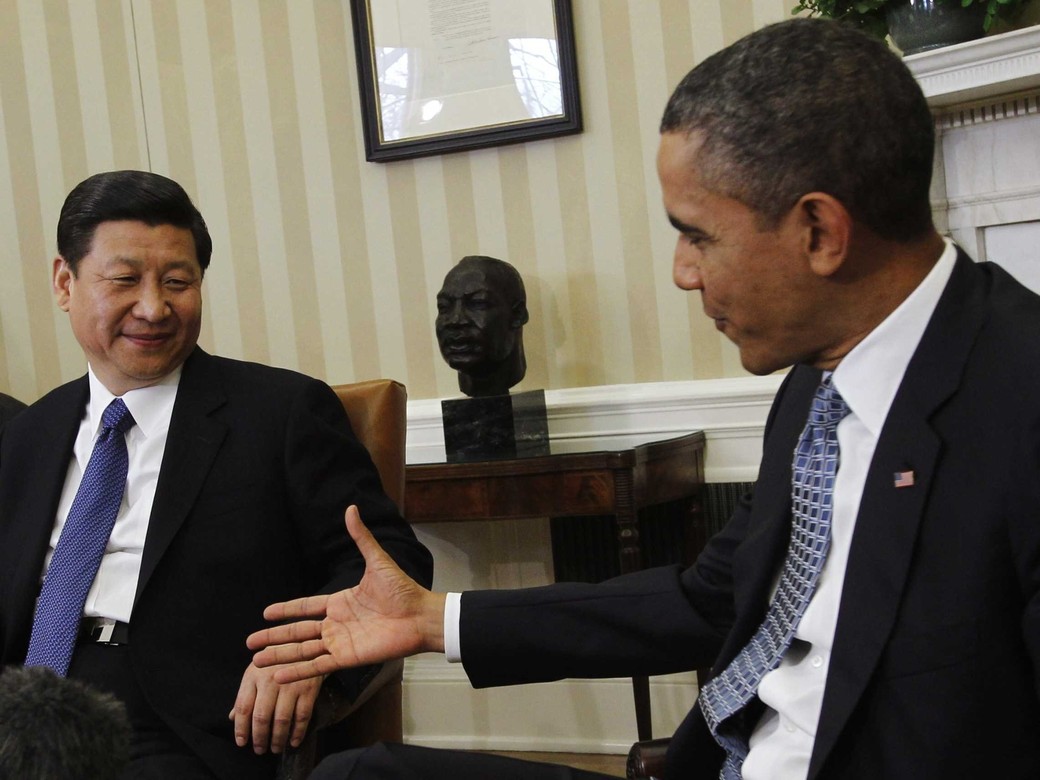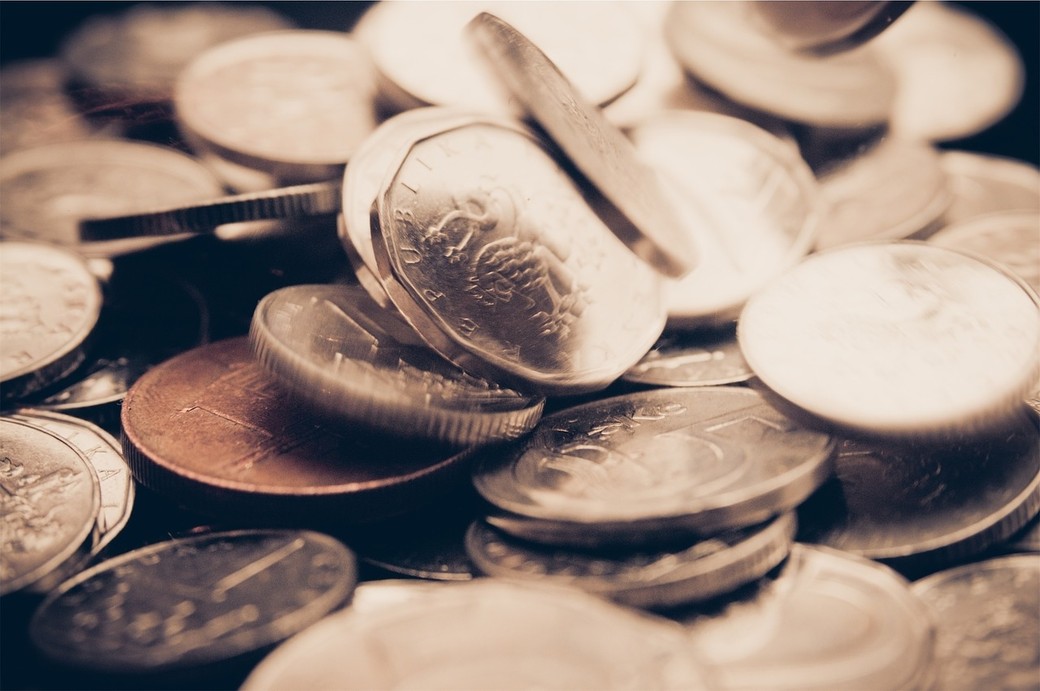
Canada and China are both behaving arbitrarily in the Meng Wanzhou case, however the ball is in Canada’s court
Ottawa Life Magazine has been publishing a Canada-China Series since 2013. The series focuses on bi-lateral interests, business affairs, people-to-people relations, Chinese culture and the Chinese diaspora in Canada. Since 2018 there has been tension in the Canada Chinese political relationship. Ottawa Life Magazine has continued and will continue to publish relevant information related to the bi-lateral relationship, including stories, columns and editorial features that present issues from the Chinese perspective, as well as from the Canadian government and other Canadian stakeholder points of view.
Nobody, including students or specialists in the field of international relations, is more familiar with any ongoing diplomatic dispute than the case of China’s Meng Wenzhou and the two Canadian Michaels. As we approach two-and-a-half-years of Meng under house arrest in Canada, and the two Michael’s locked up in China, it is evident that a domestic strategy is required.
There are few policy options for addressing the issue in a way that satisfies the preferences of all parties. In China, diplomats and representatives from the Ministry of Foreign Affairs are convinced that Canada unlawfully detained Meng in response to an extradition request from the United States government, as part of its attempt to suppress the growing competitive threat posed by Huawei, China’s most successful high-tech enterprise.
Meanwhile, in Canada, politicians and global affairs personnel believe China arbitrarily detained the two Michaels as political retaliation for Meng’s arrest.
When examining the evidence for both cases, it becomes clear that Canada and China are both making legal claims to satisfy their foreign political objectives. Unfortunately, the casualties of these arbitrary applications of the law are the safety and security of two innocent Canadians in China, as well as the lingering uncertainty Meng Wanzhou faces concerning her future, and more broadly, the unpredictable future of Canada-China relations.
If Canada is truly committed to securing the release of the two Michaels, it will have to use the carrot instead of the stick. Conventional foreign policy instruments such as the application of political and economic pressure towards China with additional backing by Western allies will not suffice. What will work, however, is for Canada to acknowledge where it went wrong in this fiasco.
Prime Minister Justin Trudeau and Minister of Global Affairs Marc Garneau have stood firm in their support of Meng's detention. Both argue that Canada is a ‘rule of law’ nation that will continue to uphold ‘rule of law’ principles. Ironically, when considering the initial motive of the case as well as the treatment Meng endured at Vancouver International Airport, it appears that the ‘rule of law’ has been neglected numerous times by Canada.
It is important to note that the extradition order stems from former U.S. President Donald Trump’s unconventional foreign policy. In the days that followed Meng’s arrest in Canada, Trump noted to John Bolton, the former U.S. Ambassador to the United Nations, that ‘we just arrested the Ivanka Trump of China’. In separate widely accessible interviews, Trump stated his willingness to intervene in the Justice Departments’ case against Meng, if it would have the effect of helping the U.S. achieve a better trade deal with China.
Is the government of Canada really suggesting that Donald Trump's motives to develop the extradition were in alignment with Western ‘rule of law' principles? It is important to note that allegations of Meng committing ‘fraud’ lack substantive evidence and have yet to be proven in Canadian courts. Is it possible that Canada agreed to a ‘Trumped up’ extradition request without considering the legitimacy of the allegations or the geopolitical objectives of the Trump administration? To date the preponderance of evidence suggests that Canada was complicit in agreeing to a ‘Trumped-up’ extradition request.
If Canadian federal officials, including the Prime Minister are using the ‘rule of law’ to justify their actions, is it not hypocritical for them to this discard this principle when convenient to them. For example, why were the Royal Canadian Mounted Police (RCMP) and the Canada Border Services Agency (CBSA) allowed to violate Meng's rights that are protected under the Canadian Charter? Both agencies are supposed to serve, promote, and defend the Canadian ‘rule of law’ aren’t they?
After landing at Vancouver International Airport on December 1, 2018, Meng was detained by CBSA officials. She was required to hand over her cellular devices and reveal the passcodes for those devices, all of which occurred in the absence of legal counsel. It is worth noting that CBSA officials broke the law when seizing these items and demanding the passwords. It is also worth noting that the RCMP had a warrant for Meng’s arrest but decided not to use it. Instead, for reasons unknown, the RCMP allowed CBSA officials to detain her solely to gain access to her electronic devices which as mentioned is illegal.
Several Canadian extradition law experts have openly noted that the CBSA unequivocally violated Meng’s charter rights. One of them is Vancouver-based lawyer Dr. Gary Botting who says,"they took her under custody without telling her why. They disguised the real reason why they detained her. Her rights were violated.’ In terms of identifying which rights were violated, Section 10(b) of the Canadian Charter of Rights and Freedoms holds that The detainee has the right to be informed of the right to retain and instruct counsel without delay."
From the outset, both the RCMP and CBSA neglected to adhere to basic legal principles.
Canada has not done its due diligence. As a result, we are in the middle of a high-stakes political case between two competing superpowers. More significantly, we have two innocent Canadians detained in Chinese prisons, and we have a high-level Chinese executive accused of fraud by the previous Trump administration whose motives are highly questionable.
So, what is the strategy? It is in the interests of the Canadian government to intervene and quash Meng’s extradition to the U.S. Canadian lawyer Brian Greenspan observes that, ‘In 1999, the Extradition Act was amended to include a specific provision that allows for the Justice Minister and Attorney General of Canada to intervene in an extradition at any point during the judicial phase.’
Every day the case continues, Canada loses. There is no way for Canada to win unless it makes a concession and admits that it, too, has behaved arbitrarily.
Ultimately, the ball is in Canada's court if it hopes to see the return of the two Michaels on Canadian soil. It is important for Canada to recognize that the carrot will work better than the stick.








